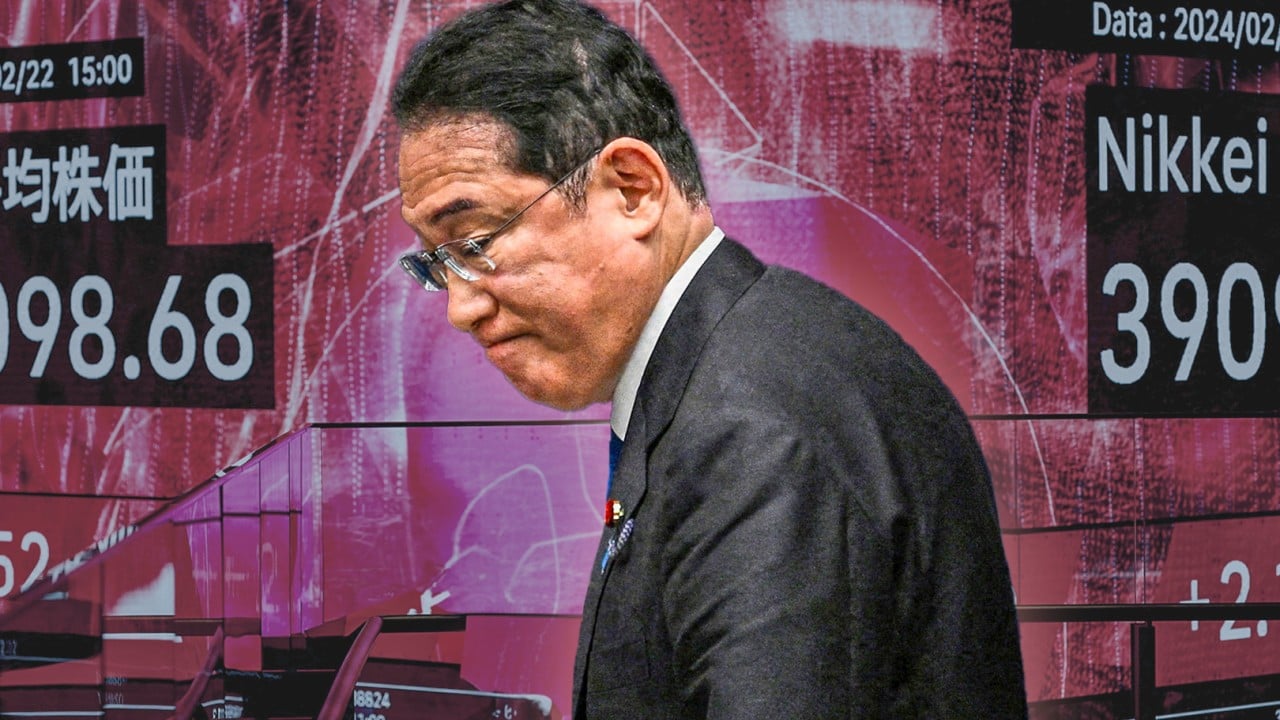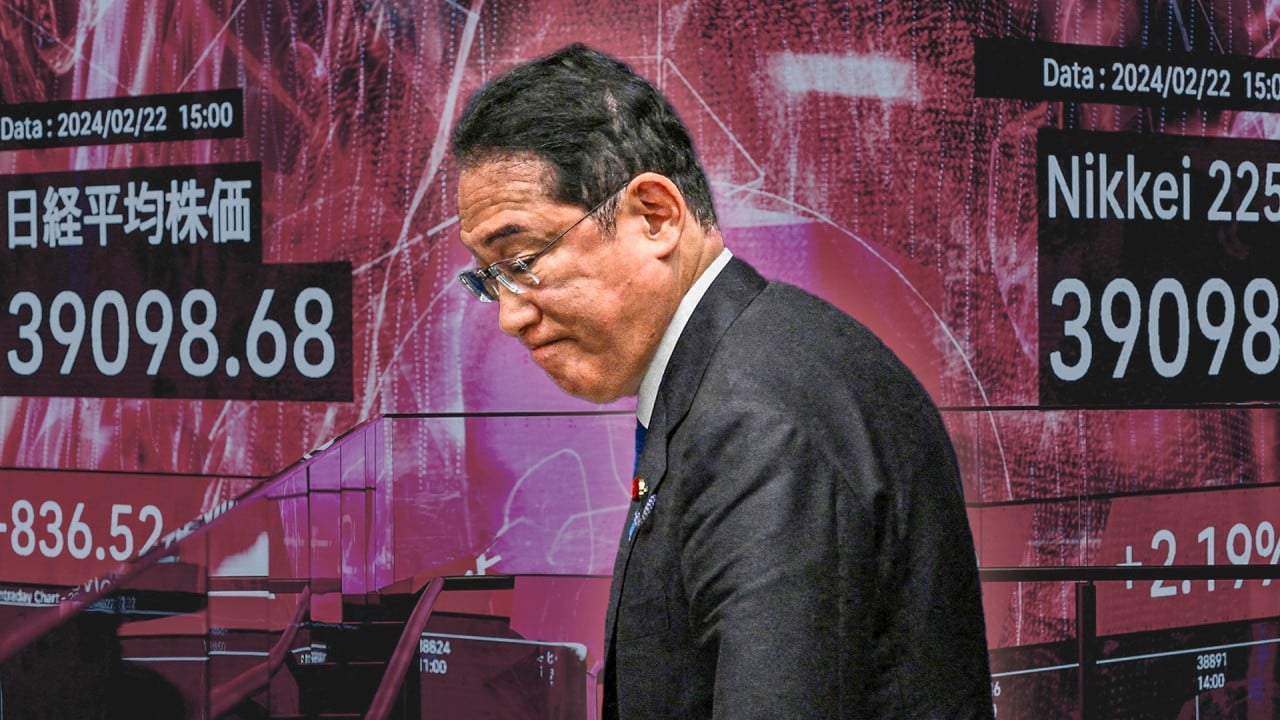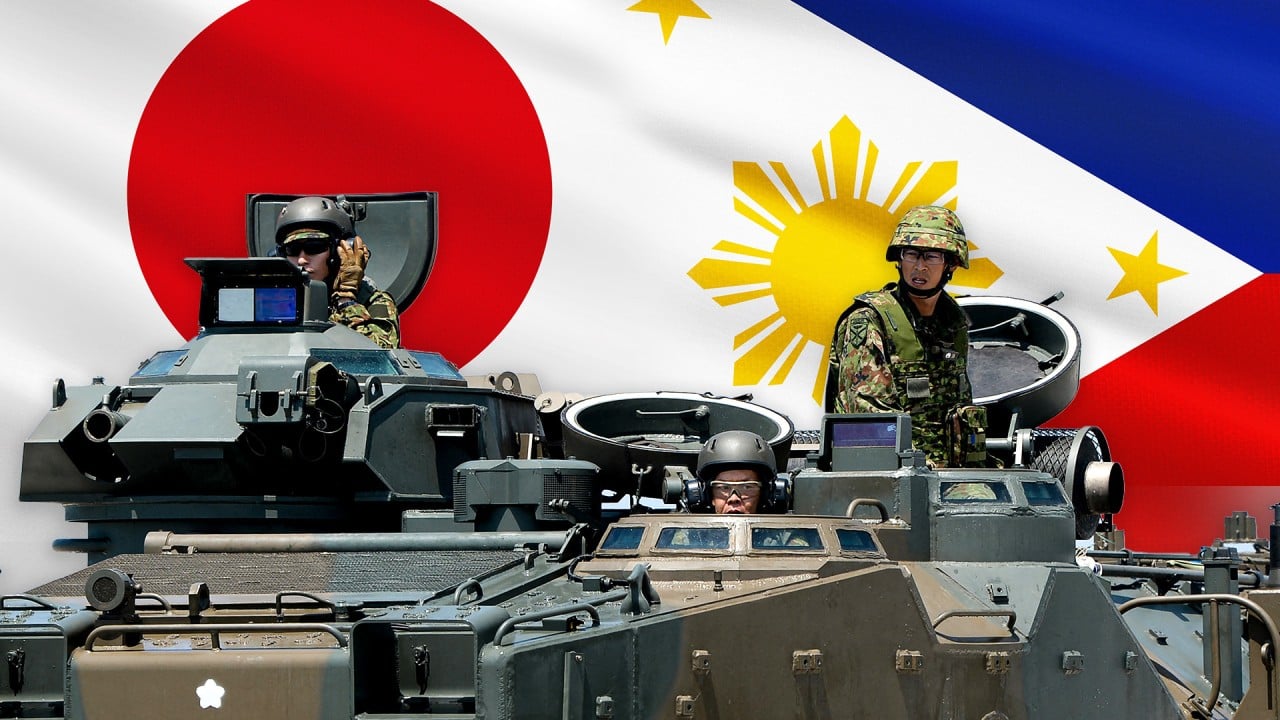It may be an exaggeration to say that the future of East Asia hangs on the outcome of Japan’s Liberal Democratic Party (LDP) leadership election next month, which will decide who Japan’s next prime minister will be, but a great deal more is at stake for the region than meets the outside eye.
In particular, Japan needs to stem the erosion of its economic, political and diplomatic relations with China, a relationship that some fear is drifting dangerously towards friction or even open conflict as Japan binds itself ever closer to the United States and its allies.
It is clear that the political tide has turned against the long-ruling LDP to the point where some senior members have warned of it possibly losing power. Such are the politics of power that the party may have to support former defence minister Shigeru Ishiba, who is considered more pro-China than the party’s other leadership candidates. Ishiba is also popular with voters.
At 67, Ishiba is older than some of the other candidates seeking to make their mark in a leadership election that is becoming more of a beauty contest. But he also has a mature view of Japan-China relations, which is needed badly at this time.
He has indicated that he wants cooperation rather than confrontation with China where it is in Japan’s interest, and has gone so far as to suggest the need for a Nato-like pact among Asian powers. Programmes such as China’s Belt and Road Initiative would also be likely to receive a more sympathetic hearing under Ishiba.
The incumbent Prime Minister Fumio Kishida’s “new capitalism” vision is very much oriented towards market capitalism and making Japan a nation of portfolio investors. This would align Japan more closely with the US, as opposed to financial systems elsewhere in Asia.
It is difficult to overstate the importance of changing the overall mindset among Japanese leaders that has seen Tokyo drawn willingly into a kind of automatic agreement with Washington on everything from military and economic security to financial system and market development.
Meanwhile, Ishiba has argued not only for keeping “China’s adventurist inclination in check with a certain level of military power, while reflecting on what is effective deterrence” but also for pursuing “diplomatic engagement, while reflecting on what a mutually beneficial relationship actually is”.
What is equally interesting is that Japan’s main opposition party, the Constitutional Democratic Party, is likely to undergo a leadership change soon, amid the efforts of political heavyweight Ichiro Ozawa, who has also long sought stronger Japan-China relations.
All this has significance beyond the realms of politics. For Japan itself, the outgoing prime minister’s plan to increase defence spending threatens an unfunded leap in government spending, with adverse implications for both the yen and domestic interest rates.
For China, an easing of what it sees as the “containment” policy engineered largely by the United States would enable the world’s second largest economy, as measured by gross domestic product, to pursue closer collaboration with a Japanese economy which could be a major source of capital investment and technology.

As for the wider Asian region, some kind of Sino-Japanese detente would ease the pressure on nations to take sides with one of the world’s two biggest economies – the US or China – and allow them to pursue trade and investment policies more aligned with their own interests, both individually and as a group.
Against this background, Ishiba’s recent comments come as a relief from the growing drumbeat of warnings from other policymakers in and beyond Japan about the dangers of China’s increasing “assertiveness” in Asia and the supposed need for pre-emptive alliances against this.
According to a report by the Japan Times, in his recently published book, whose title loosely translates as A Conservative Politician – My Policies, My Fate, Ishiba offers a “different take on Japan’s national security challenges”.
While acknowledging the deterioration of the regional security environment, Ishiba also laments the lack of perspective behind recent decisions concerning national security and calls for greater transparency and accountability from Japan’s government.
He argues for a big-picture approach, underscoring the need to avoid fearmongering and instead to pursue a balance between diplomacy and deterrence. Ishiba stresses the limits of a deterrence-only strategy, as opposed to how others frame deterrence and diplomacy as mutually exclusive options.
“Nowadays some sections of public opinion even attack politicians who are earnestly trying to foster dialogue between Japan and China and call them ‘China flatterers’,” Ishiba wrote, likely in a veiled reference to the criticisms of himself and others.
There is no doubt that the political status quo in Japan has been upset by recent events including the assassination of former prime minister Shinzo Abe and the LDP fundraising scandal, which dealt a blow to factions of the party that has dominated Japanese politics in the post-war period.
Adding to all of this, the uncertainty surrounding the outcome of the US presidential election in November means that the nature of the US-Japan alliance could change too, with clear implications for China and other countries in Asia. The LDP leadership election may turn out to be a watershed moment rather than just a platform for one more revolving-door Japanese premier.
Anthony Rowley is a veteran journalist specialising in Asian economic and financial affairs




